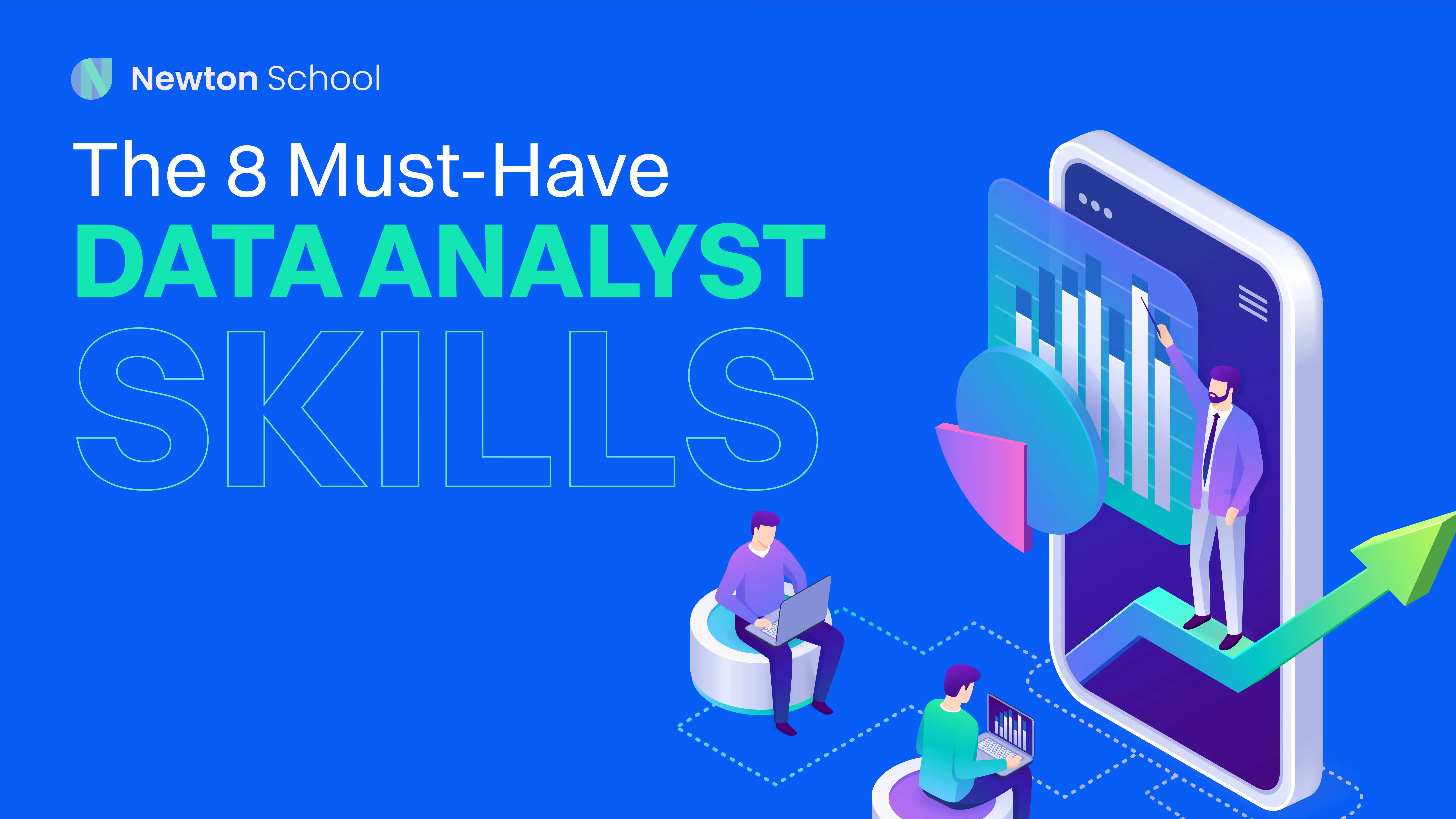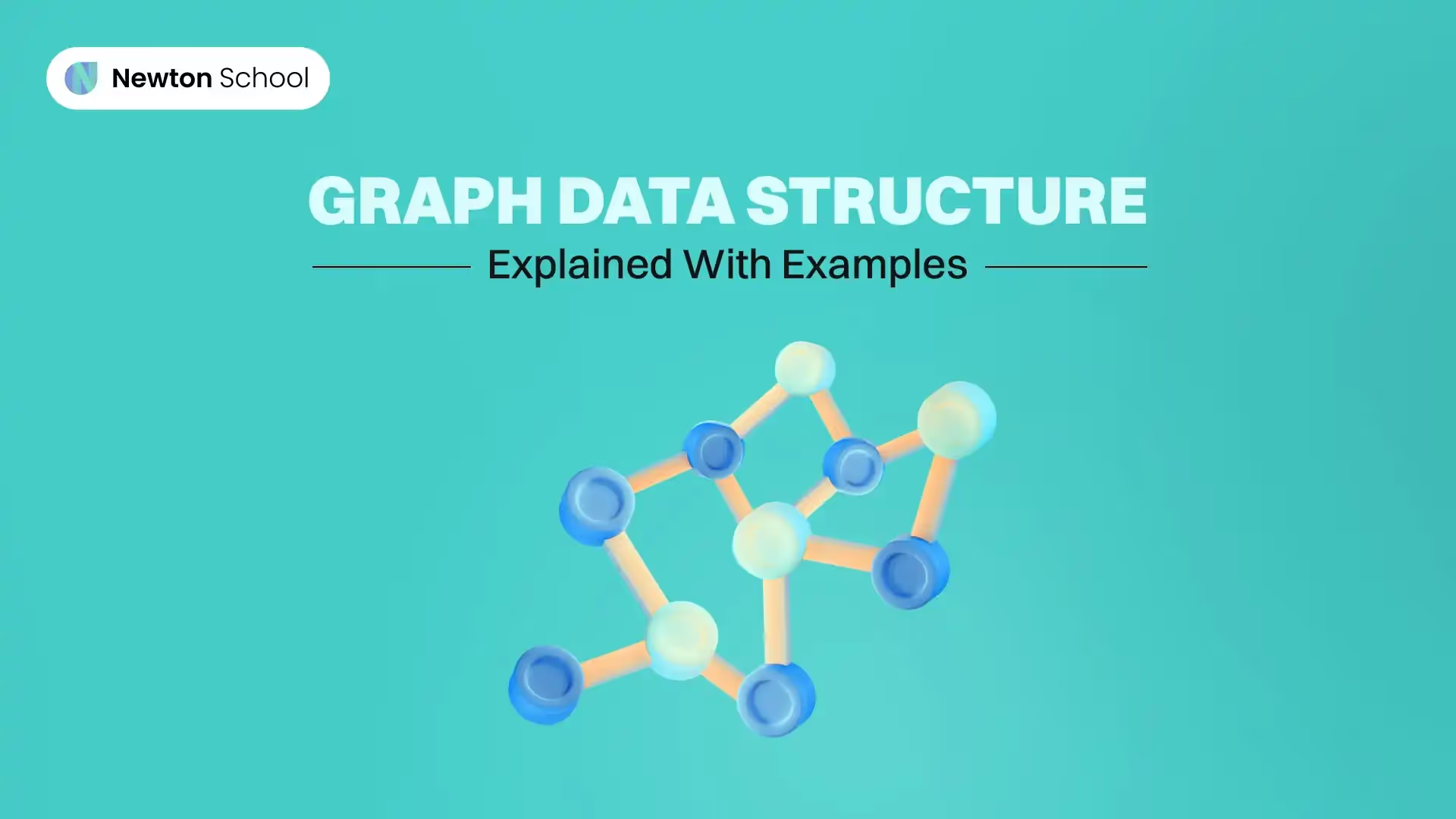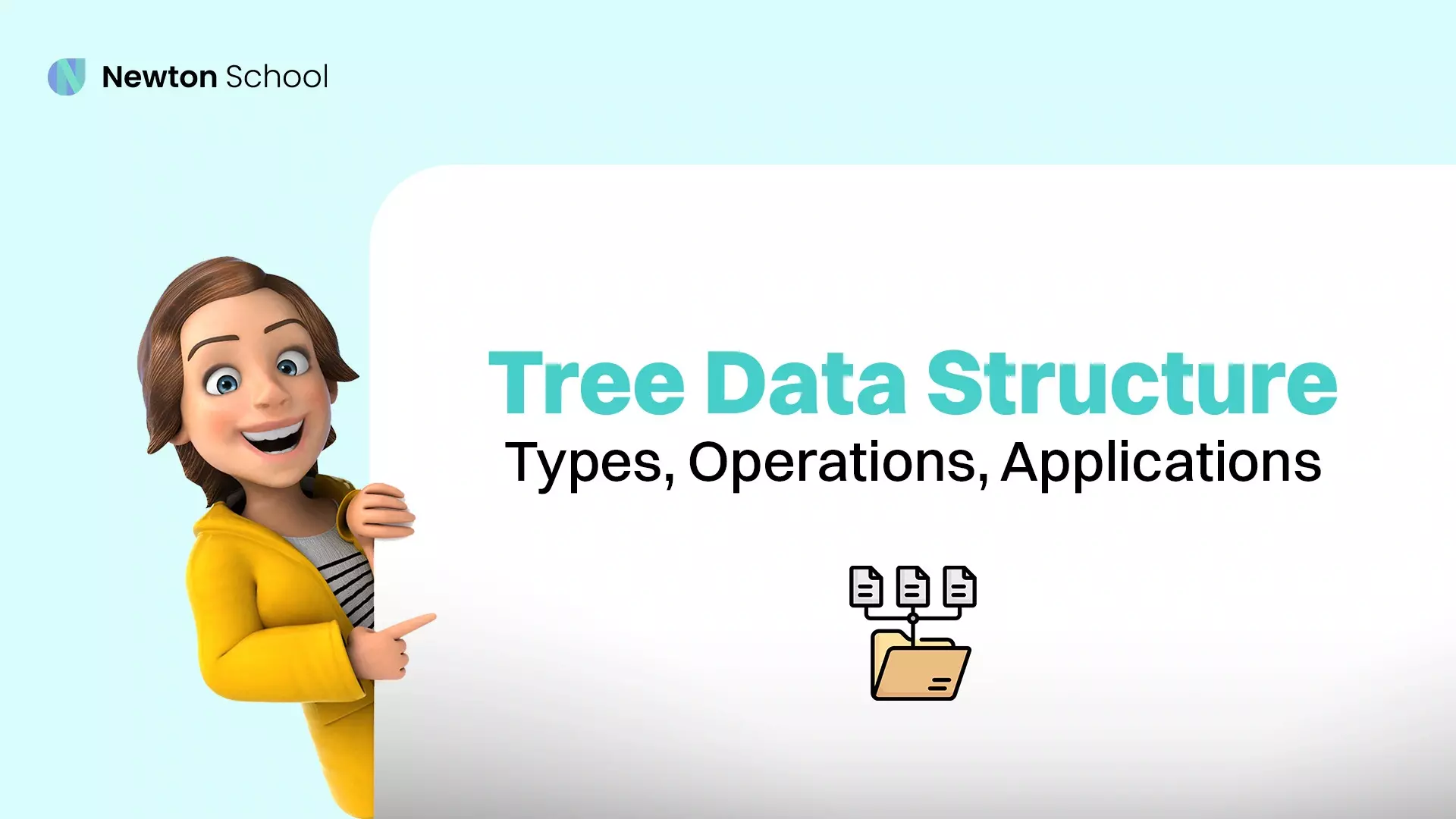
Do you like working with large data sets? Would you like to process and analyze big data using cutting-edge techniques as part of your job? If yes, then you may consider becoming a big data engineer.
A big data engineer is responsible for designing, building, and maintaining the systems that process and store large data sets. They must have a strong understanding of hardware and software and be able to work with various tools and technologies.
Becoming a big data engineer requires a significant investment of time and effort, but it can be a rewarding career path for those who are up to the challenge. This article will explore what it takes to become a big data engineer, including the education requirements, skills needed, and job outlook.
Who is a Big Data Engineer?
A big data engineer is a professional responsible for designing, building, and maintaining the systems used to collect, store, and process data. Data engineers typically have a background in computer science or engineering.
Data engineering is a relatively new field, and it is constantly evolving. As such, there is no one-size-fits-all definition of what a data engineer does. However, there are some everyday tasks that data engineers are typically responsible for:
- Designing and building data processing systems
- Integrating data from multiple sources
- Cleaning and normalizing data
- Loading data into databases or warehouses
- Transforming data into the format required for analysis
- Optimizing data processing systems for performance and scalability
- Monitoring and troubleshooting data processing systems
- Working with data scientists to understand their needs and ensure that they have the data they need
What skills do you need to be a Big Data Engineer?
Data engineering is a technical field, so it's important to have strong technical skills if you want to be a successful data engineer. Here are a few big data engineer skills you may need:
- Programming languages: Data engineers must be able to write code in one or more programming languages. The most common programming language used by data engineers is Java. Other popular choices include Python, Scala, and R.
- Big data technologies: Data engineers need to be familiar with the various big data technologies that are used to store and process data. Some of the most common big data technologies include Hadoop, Spark, and Hive.
- Relational databases: Data engineers need to be able to work with relational databases such as MySQL, Oracle, and SQL Server. They should also be familiar with NoSQL databases such as MongoDB and Cassandra.
- ETL tools: Data engineers often use ETL (extract, transform, load) tools to automate the process of extracting data from multiple sources, transforming it into the desired format, and loading it into a database or warehouse. Common ETL tools include Talend and Informatica.
- Data visualization tools: Data engineers may also use data visualization tools such as Tableau and Qlikview to help visualize data.
In addition to these technical big data engineer skills, data engineers also need to have strong problem-solving skills. They must be able to troubleshoot issues with data processing systems and find creative solutions to problems.
It is also important for data engineers to be able to work well with others. They will often need to collaborate with data scientists, business analysts, and other stakeholders. Hence, it is important that they have strong communication and collaboration skills.
What education do you need to be a Data Engineer?
There is no one-size-fits-all answer to this question, as the educational requirements for data engineers vary depending on the employer. However, most data engineers have at least a bachelor's degree in computer science, engineering, or a related field. Some data engineers may also have a master's degree or PhD in computer science or a related field. However, these advanced big data engineer certifications or degrees are not always required.
In some cases, employers may be willing to hire candidates with no formal education if they have relevant work experience. For example, candidates who have worked as software developers or database administrators may be able to transition into data engineering without getting a formal education in the field.
How much do Data Engineers earn?
Data engineers typically earn salaries in the range of $85,000 to $115,000 per year. However, salaries can vary depending on the employer, location, and other factors.
What are the job prospects for Data Engineers?
The job outlook for data engineers is positive. The demand for qualified big data engineers is growing rapidly as more and more businesses increasingly rely on data to make decisions.
According to the Bureau of Labor Statistics, the employment of computer and information research scientists is projected to grow 16 per cent from 2018 to 2028, which is much faster than the average for all occupations.
Data engineering is a relatively new field, so there is no definitive data on job growth in the field. However, given the growing importance of data in today's economy, it's safe to say that big data engineer requirements are only going to increase in the future.
What are some common challenges faced by Data Engineers?
Data engineers often work with complex data sets. They may need to clean and process data from multiple sources before it can be used for analysis. This can be a time-consuming and difficult task. Data engineers also need to ensure that data is accessible and usable by those who need it. This requires careful planning and coordination with other stakeholders.
Another challenge faced by data engineers is keeping up with the latest technologies. The field of data engineering is constantly evolving, so data engineers must ensure that they are always up-to-date on the latest tools and trends.
What are some common career paths for Big Data Engineers?
Data engineers often start their careers as software developers or database administrators. They may also have work experiences in other fields, such as business intelligence or data science.
As they gain experience, data engineers may move into management positions or become consultants. Some data engineers may also choose to specialize in a particular area, such as healthcare data engineering or financial data engineering.
Conclusion
Becoming a big data engineer can be a rewarding career path for those who are up to the challenge. It requires a significant investment of time and effort, but the rewards can be well worth it. If you have the skills and knowledge needed, then don't hesitate to pursue this exciting career.

























.avif)


